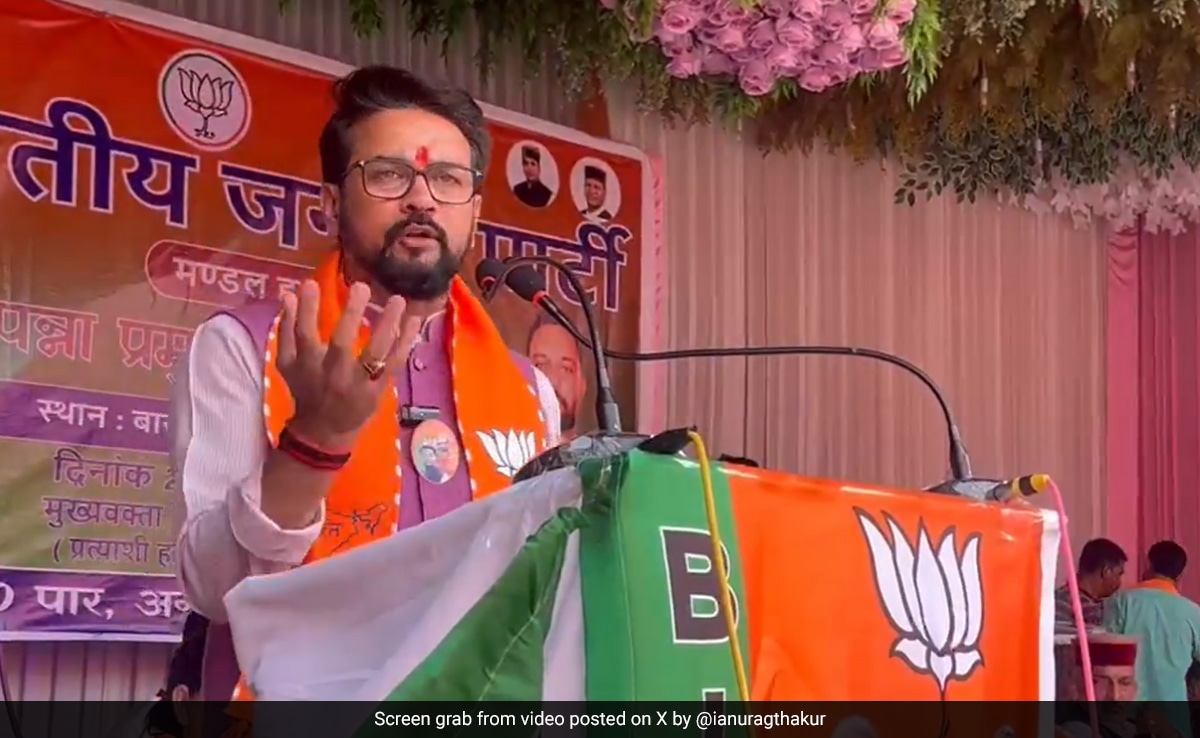
International legal experts appointed by the United Nations to investigate Iran’s crackdown on a women’s rights movement that erupted in September 2022 have called for more time to work, but opposition from Tehran’s allies could end their mandate next month.
Sara Hussein, chair of the independent international fact-finding mission on Iran, made the call in Geneva on Monday as she and two colleagues presented their first in-depth report to the United Nations Human Rights Council.
The main finding of the investigation team is that Iran’s “violent suppression of peaceful protests” by the Women’s Movement for Freedom of Life since September 2022 has resulted in “serious violations of human rights…many of which constitute crimes against humanity.” The terms of the three-women team, established by the Human Rights Commission in November 2022, will expire at the end of the current Human Rights Commission session on April 5.
At Monday’s Human Rights Council meeting, Iran’s representative Kazim Gharib al-Abadi rejected the fact-finding mission’s report, saying it was politically biased.
Hussein said at a news conference after submitting the report that she and her colleagues were being impartial and needed more time to complete their work, given Iran’s refusal to let them into the country or engage with them in any way.
“As with all the challenges we face, it took quite a while for people to come forward and for us to start gathering evidence, and now, I would say, we’re well on our way. So, I think it’s important to continue that, ” Hussein said. “It is especially important to hear the voices that have not yet been heard. People are taking considerable personal risk to give testimony… [and with a] Believe it’s important to document what they experienced and what they witnessed… and have it dealt with by the international community and their fellow citizens,” she said.
U.S. State Department spokesman Matthew Miller told reporters on March 14 that Washington “strongly supports” a resolution under consideration at the Human Rights Council meeting to extend the terms of the fact-finding mission and the United Nations Special Rapporteur on the situation of human rights in Iran.
A coalition of 43 international human rights organizations also called for the extension of both mandates. A letter to HRC members on Monday. Regarding the fact-finding mission, they said that “a litany of crimes related to the 2022 protests continues under international law” and “must be addressed…” [in order] Past violations will not be repeated in the future. “
Iran International, a London-based Persian news network, said Hussein told it that an extension of the authorization was not guaranteed because Tehran had many allies who might also object.
Hillel Neuer, executive director of the Geneva-based NGO UN Watch, discussed the prospects of the fact-finding mission getting an extension on VOA’s Iran Flashpoint podcast airing this week.
The transcript of Neuer’s March 18 interview has been edited for brevity and clarity.
Voice of America: What is the procedure for extending authorization?
Hillel Neuer, UN Watch: The Human Rights Council must pass a resolution. We are currently having our main meeting and resolutions will be voted on in a few weeks.
It is common for special rapporteurs to have their terms extended. As for fact-finding missions, this is less obvious. The United Nations has never sent a fact-finding mission to Iran before. It is uncommon to update such tasks. So I would say there’s a big question mark as to whether the United States and its allies will muster a majority to extend the mandate of the fact-finding mission. This will be a challenge that requires a lot of lobbying.
Voice of America: What are your expectations for the United States and its allies to succeed?
Neuer: I think it’s possible but it will depend on the wire because 60% [47-nation] HRC is a dictatorship or other form of non-democracy. It’s a paradox, and to most people, it’s absurd, but the fact is that the countries that work hardest to join the Security Council are the worst violators of human rights.
So the current situation is that the current members of the Security Council include Algeria, Bangladesh, Burundi, China, Cuba, Eritrea, Kazakhstan, regimes that shoot their own people, Qatar and Somalia, which is a failed state. They are the majority. So every time you try to get a resolution at the Human Rights Commission that actually benefits human rights, it’s a challenge.
This is why the human rights issues of most of the worst regimes go unaddressed at all. The fact that the Iran issue has been resolved is somewhat unusual since the September 2022 death of Iranian Kurdish woman Mahsa Amini in moral police custody sparked protests.
It would be a very difficult job for the United States and its allies to convince a majority of the members of such a commission to vote in favor of extending a fact-finding mission. I don’t think they will get a majority. They could get a majority, and if 15 countries vote in favor, 11 countries vote against, and all the remaining countries abstain, the bill will pass. They just need more “yes”s and less “nos”. I think at best we will see more in favor than against, with many countries abstaining from voting.
Follow us on Google news ,Twitter , and Join Whatsapp Group of thelocalreport.in
















